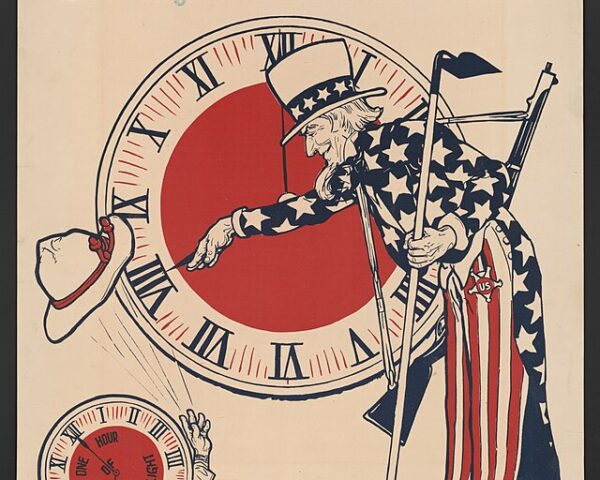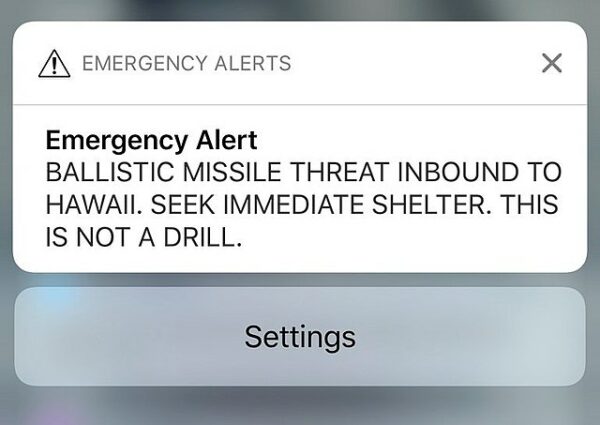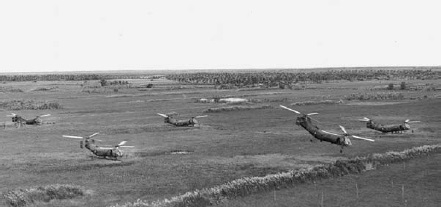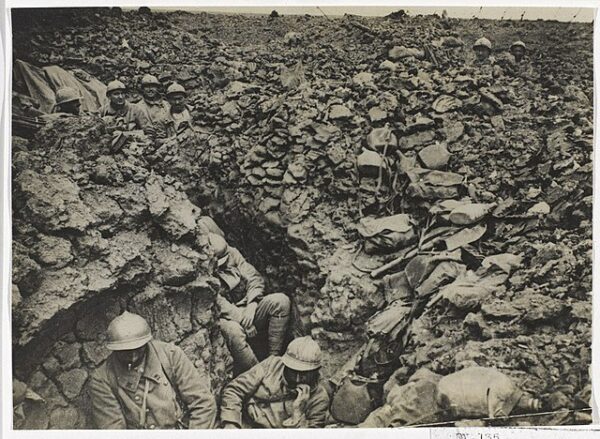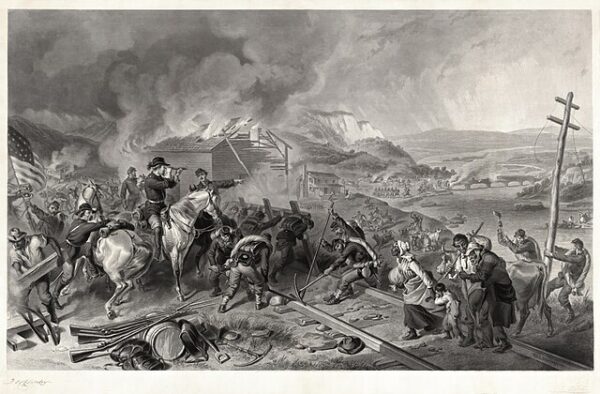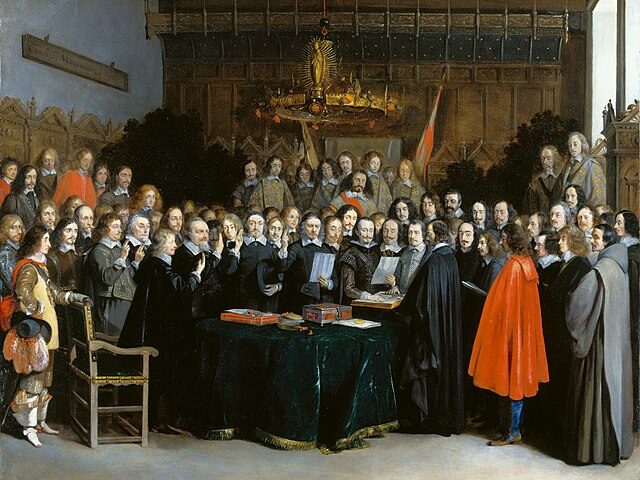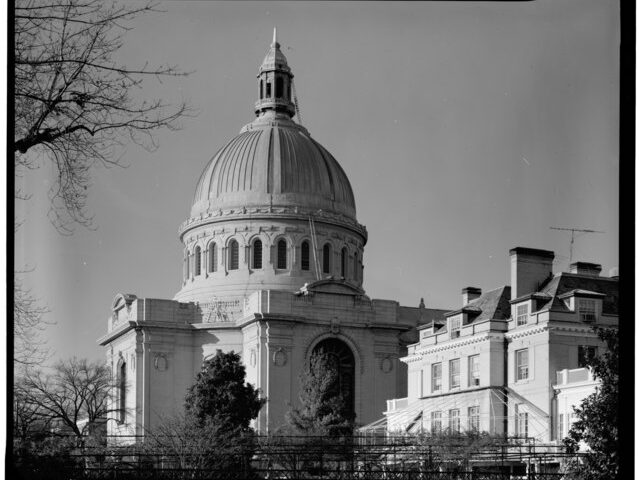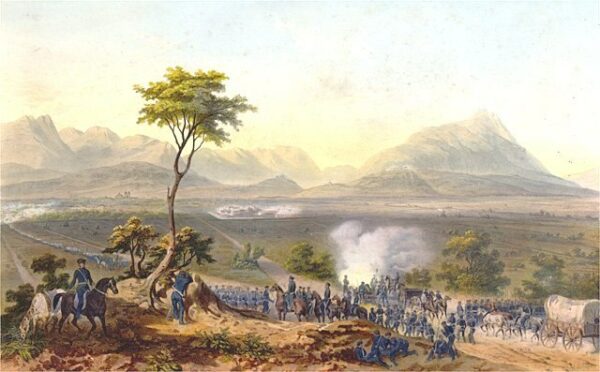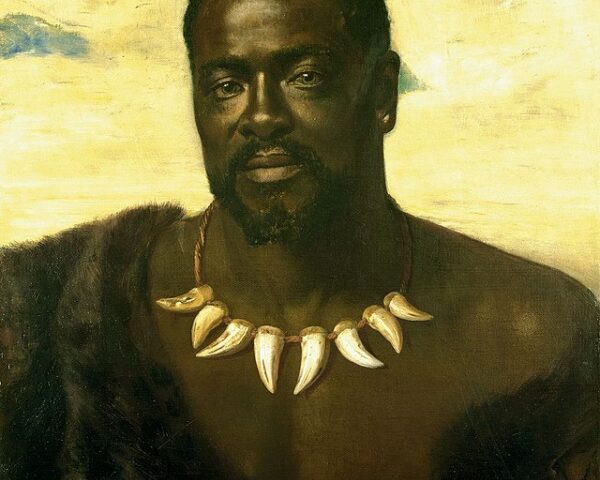On February 9, 1942, the United States did something that would have seemed mildly absurd just a few years earlier: it reset the nation’s clocks—permanently, at least for the duration of the war. With the country barely two months removed from Pearl Harbor, Congress…
Read MoreOn the morning of January 13, Hawaiians were jolted by an alarming emergency alert warning of an imminent missile strike. The message, which appeared on phones, televisions, and radios, read: “BALLISTIC MISSILE THREAT INBOUND TO HAWAII. SEEK IMMEDIATE SHELTER. THIS IS NOT A DRILL.”…
Read MoreOn January 12, 1962, the Vietnam War crossed a quiet but decisive threshold. In a rubber plantation northwest of Saigon, American helicopters ferried South Vietnamese troops into combat against communist guerrillas, marking Operation Chopper—the first American combat mission and first U.S.-backed helicopter assault of…
Read MoreIn the early hours of December 24, 1914, amid the frozen mud and shattered landscapes of the Western Front, an extraordinary pause descended upon the bloodiest conflict Europe had ever known. World War I, only five months old, had already hardened into a war…
Read MoreThe Battle of Verdun, one of the most grueling and catastrophic battles of World War I, came to an end on December 18, 1916. After ten months of relentless combat, the second French counteroffensive successfully pushed German forces back by two to three kilometers,…
Read MoreSherman’s March to the Sea was a military campaign conducted by Union General William Tecumseh Sherman during the American Civil War. The campaign took place from November 15 to December 21, 1864, and it was a significant and controversial aspect of the Union’s strategy.…
Read MoreThe signing of the Peace of Westphalia on October 24, 1648, marked one of the most transformative moments in European—and indeed world—history. Concluded in the German cities of Münster and Osnabrück after years of painstaking negotiation, the treaties ended two interconnected conflicts that had…
Read MoreOn October 10, 1845, the United States Naval School opened in Annapolis, Maryland, with 50 midshipmen students and seven professors. The curriculum included mathematics and navigation, gunnery and steam, chemistry, English, natural philosophy, and French. “When the founders of the United States Naval Academy…
Read MoreOn September 24, 1846, General Zachary Taylor successfully captured Monterrey during the Mexican-American War, marking a decisive victory for the United States in its campaign against Mexico. The capture of Monterrey was a turning point in the war, establishing Taylor’s military reputation and paving…
Read MoreOn August 28, 1879, British troops finally closed in on the fugitive monarch who had so recently commanded the fearsome Zulu army. King Cetshwayo kaMpande, last sovereign of an independent Zulu nation, was captured in the aftermath of one of the most brutal colonial…
Read More

